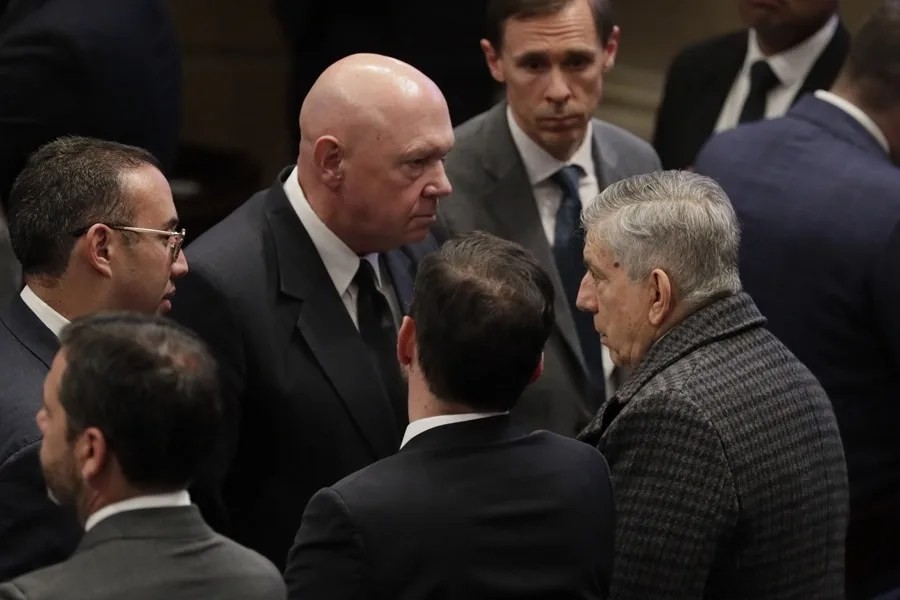US Diplomatic Warning Highlights Strained US-Colombia Relations Amid Rising Cocaine Production
The US mission chief in Colombia calls the bilateral relationship ‘delicate’ amid soaring coca cultivation and political tensions under President Petro, underscoring challenges to America’s anti-narcotics efforts and regional security.

In a stark reminder of the fragile state of US-Colombia relations, John McNamara, head of the United States diplomatic mission in Bogotá, described the current moment as “particularly delicate,” highlighting an inflection point that demands critical choices from both nations. This candid assessment comes against the backdrop of Colombia’s removal from the US list of countries meeting anti-narcotics benchmarks—a measure reflecting serious concerns over escalating cocaine production.
Why Is Colombia’s Role in the Drug War a Crucial Concern for America?
Colombia remains the world’s largest producer of cocaine, with recent UN reports revealing that it accounts for nearly two-thirds of global coca cultivation. The troubling surge in illicit crops during President Gustavo Petro’s administration exposes vulnerabilities not only for Colombia but also for American national security. After all, every ton of cocaine flooding from South America threatens to fuel addiction crises on our streets and undermines law enforcement efforts at home.
Despite President Petro’s sovereign authority to chart Colombia’s path, McNamara reminded Colombian leaders that their decisions reverberate far beyond their borders. “Are you going to be at the mass or in the procession?” he provocatively asked—an apt metaphor reflecting whether Colombia aligns with its longtime ally or drifts away amid ideological differences.
Is Washington Ready to Protect American Interests Amid Diplomatic Strains?
The Trump administration was unambiguous in excluding Colombia from certification due to insufficient progress against narcotrafficking. While aid continues—acknowledging shared interests—the signal is clear: without decisive action to curb illicit crops and dismantle drug networks, cooperation risks faltering at a time when America’s southern flank must be secured.
This diplomatic tension did not arise in isolation. Earlier controversies—such as Petro’s refusal to accept deported Americans and his overtures toward groups with narcoterrorist ties—have strained trust, challenging decades of partnership forged through common values and mutual sacrifice.
For American families and communities battling addiction, for Border agents confronting surges in illegal crossings often linked to drug trafficking profits, this is not just political theater—it is about safeguarding our freedoms and health. The US must hold firm: enforcing accountability while seeking renewed collaboration based on sovereignty and shared commitment.
How long can Washington overlook Colombia’s wavering stance before it imperils broader regional stability? The answer lies in demanding tangible results—not empty promises—from an ally who must choose between solidarity or separation.
